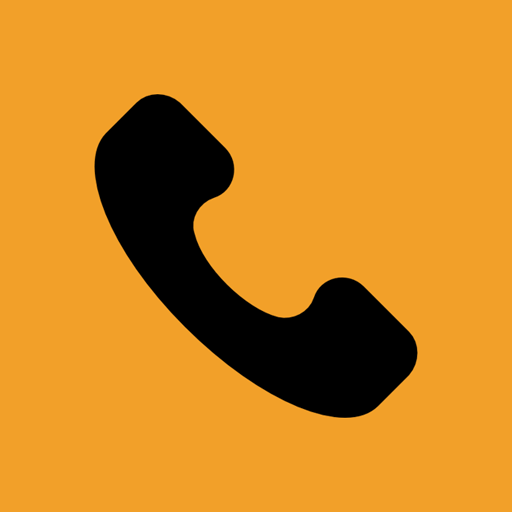FAQs
Frequently Asked
Questions
General Questions
A: Yes, you may reach us through 85230098 or send us a message through Facebook or email.
A: Yes, but in case our clinicians are seeing patients, you may need to wait.
A: Consultations are free.
A: You have to get evaluated or have a hearing test first.
A: Hearing aids will assist your hearing but will not return to the natural functioning of the ear.
A: Yes, if you have hearing loss on both ears for better hearing in noisy environment, improved localization and for balance.
A: Each person’s experience will be different. It may take 2 weeks to 6 months to get used to.
A: It’s because of the research used to create the technology of the device and features of the hearing aids .
A: We have hearing tests for adults and specific branches for pediatric hearing tests.
A: This is done by an Ear-Nose-Throat doctor.
Service Questions
A: Hearing test may be around 20 minutes to 3 hours depending on the specific hearing tests.
A: Hearing tests range from PhP650.00 to PhP5000.00.
A: A Hearing test by definition is the procedure used to assess one’s hearing. Hearing test can be both subjective and objective. For subjective test like pure tone audiometry, it requires the attention of the person being tested. Objective test on the other hand, like the Auditory Brainstem Response (ABR) test, it doesn’t. But in general, either of the types of test both will give the impression how well or how bad a person’s hearing is.
A: Hearing test result is a representation of how good or bad a person’s hearing is. It is very important most especially if the person is complaining of not being able to carry on a conversation. For them, it is important to know the degree of hearing loss, if present, so that the right management can be advised.
A: It is not mandated by any law to go for a hearing test. But for those who want to make sure their sense of hearing is intact, they should be advised to have a hearing test twice or at least once a year. It has been observed that one doesn’t want to visit a hearing specialist unless the problem becomes severe. For people who are exposed to noise (work-related), they should be advised to have an annual hearing test to determine possible presence of hearing loss.
A: As mentioned, hearing can either be done subjectively and objectively. For Pure tone audiometry (Subjective), this is usually done by letting the patient enter a soundproof booth. Inside the booth are the transducers (Supra-aural headphones/Bone Oscillator), which is placed on the clients ears/mastoid(bone). This is where the sounds are presented by the tester using an audiometer. The patient will have to respond every time he/she hears the sound being presented. The final output is presented in a graph called the audiogram. For ABR/ASSR, the patient needs to be put on sleep because the brain responses are the ones being recorded. This test usually requires more time than the subjective tests.
A: Any facility that conducts a hearing test can be approached. But in the Philippines, the usual procedure whenever a hearing problem occurs is to see an ENT first and then if hearing test is necessary, then they (Doctors) will be the one to refer their patients to the hearing testing centers like Active Hearing Center.
You can find hearing testing centers in Manila and several areas in the country. Active Hearing Center is one of the hearing centers where you can go and get your hearing evaluated. We also offer hearing aids for you to choose from should the test result points out that you need one.
Hearing test prices vary depending on the testing center and the kind of test to be conducted. Here at Active Hearing Center, we do have promotions where we offer hearing test for free. Should you want to avail, we highly recommend that you frequent our website, subscribe to our newsletter and follow us on Facebook.
A: As of the moment, for the safety of the patient and the clinician, we only do limited homeservice hearing aid fitting.
A: Yes, we do. But it needs to be by schedule.
A: Yes, we do and we accept walk-ins.
A: Yes, we do and we accept walk-ins.
Product Questions
A: Signia
Our basic programmable hearing aids come with a one-year warranty while our premium hearing aids come with a two-year warranty. The warranty covers repair costs caused by internal defects and damages. A damage caused by patient’s negligence is not covered. When repairing a hearing aid, the manufacturer replaces all of its parts, not just the defective or damaged parts. This guarantees our patients that their hearing aid unit/s is/are good as new.
We also offer to our patients a lifetime service warranty which covers free adjustments, cleaning, hearing aid follow-up and check-up and counseling.
We also offer to our patients a lifetime service warranty which covers free adjustments, cleaning, hearing aid follow-up and check-up and counseling.
A: We have varied hearing aid styles such as behind-the-ear, receiver-in-the-canal and custom (in-the-ear) hearing aids.
A: Yes, we do on specific models.
A: The estimate lifespan of a hearing aid is around 3-5 years. However, it will also rely on the usage and maintenance of the hearing aid.
A: We use lithium ion for rechargeable hearing aids and zinc air for battery operated hearing aids.
A: This will depend on the type of battery and how long do you use hearing aid per day.
A: Fitting will rely on your hearing level, status of the ear and your comfort.
A: Yes, we have. But, we need to check if it’s appropriate for you.
Can’t find
your answer?
Get in touch with us and our expert staff
members will be glad to assist you!
members will be glad to assist you!



